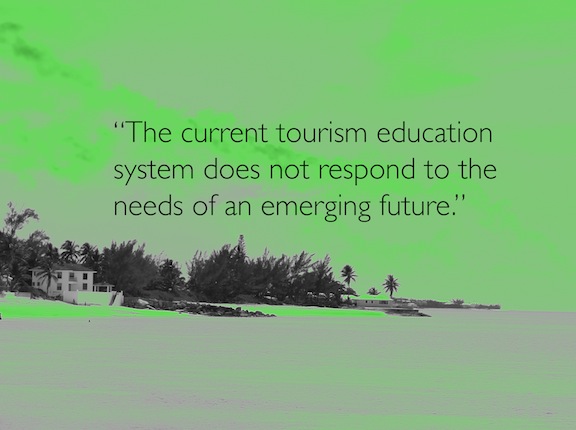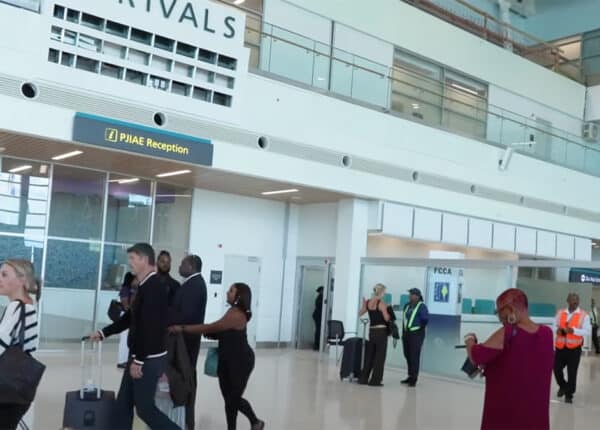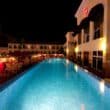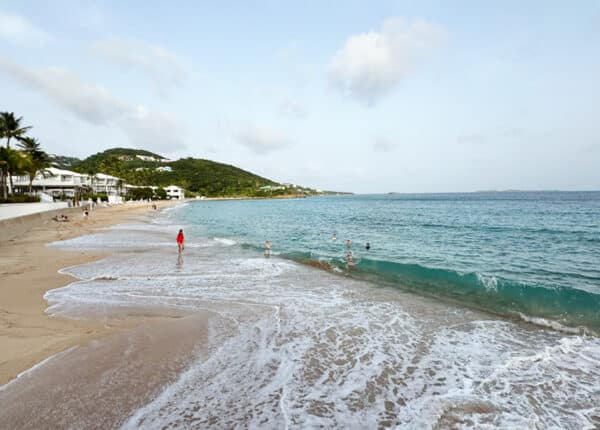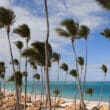By Ryan Peterson
Op-Ed Contributor
It is no secret that sustainable tourism is imperative to the wealth and wellness of Caribbean island economies. From ‘green’ to ‘eco’, ‘small’ to ‘slow’, ‘responsible’ to ‘resilient’, there is no shortage of ideas nor insights on sustainability adventures across our Caribbean ocean. Yet, despite entering our (island) policy and executive lexicon well over thirty years ago, sustainable tourism has yet to become a universal full-fledged reality across the Caribbean as a trully sustainable tourism zone.
While many tourism challenges abound in increasingly more dynamic island environments, and despite the acknowledgement that tourism is a resource-intensive industry, current (policy) models and management (practices) of sustainable tourism too often are still couched in classical policies of exploitation vs. conservation of (financial, natural and human) resources, rather than the creative exploration and innovation of new capabilities and assets. Hereto, (continued) education, (life-long) learning and (developing) talent are quintessential strategies to leading sustainable tourism in Caribbean island societies.
Notwithstanding the (political) lipservice paid to the ‘importance of education’ within our Caribbean island societies, and despite continued investments and developments in Caribbean tourism education, critical reflections of our (Caribbean) contemporary tourism education yield a system that is fragmented, inefficient, unproductive, disconnected from island realities, vocationally-oriented, technically-biased, relatively inflexible and uncreative in terms of responding to the contemporary Caribbean (tourism) challenges of society and sustainability.
In fact, much of what we do in education (across tourism and non-tourism related educational programs) is focused on ‘transfer’ and ‘certification’, rather than ‘transformation’ and ‘creation’. The foundations of our current (tourism) education systems have been around for over a century, and remain practically unchanged and unquestioned.
Consequently, the current tourism education system does not respond to the needs of an emerging future, but is reactive towards the past, oftentimes stuck in status-quo of the present.
Indeed, a silent crisis seems to be unfolding; one which we can no longer ignore or simply dismiss towards future generations. The importance and urgency of addressing this clear and present (often inconvenient) situation is amplified and underscored by changing islandscapes, in which old societal challenges endure, and new currents are quickly emerging towards building a resilient, innovative and sustainable island economy.
Within the current global and regional islandscape of tectonic shifts of disruptive innovations, one has to wonder whether existing philosophies, policies and practices in tourism education suffice in stimulating critical reflection, values-based development, active learning and talent development for leading sustainable tourism. And if not, how do we not only reform, but transform our Caribbean tourism education system to not only meet the demands of the present, but create a sustainable island society of the future?
More specifically, what is the (future) value and role of tourism education within the multiplicity of evolving (island) realities? How do we tap into the multiple (latent) intelligences of new and existing generations? What are the requisite innovation talents, creative competencies and entrepreneurial capabilities for a new generation of tourism professionals and leaders? And how do we foster and stimulate the development of these new habits of the mind, heart and soul in education? In more unambiguous terms, how do we move beyond ‘lexicons and lipservice’ to leveraging and thriving on our innate talents in leading sustainable tourism in the Caribbean…
Ryan Peterson, PhD is Professor of Innovation Economics and Research Chair in Sustainable Islands at the University of Aruba. He can be reached at ryan.peterson@ua.aw.
Note: the opinions expressed in Caribbean Journal Op-Eds are those of the author and do not necessarily reflect the views of the Caribbean Journal.


